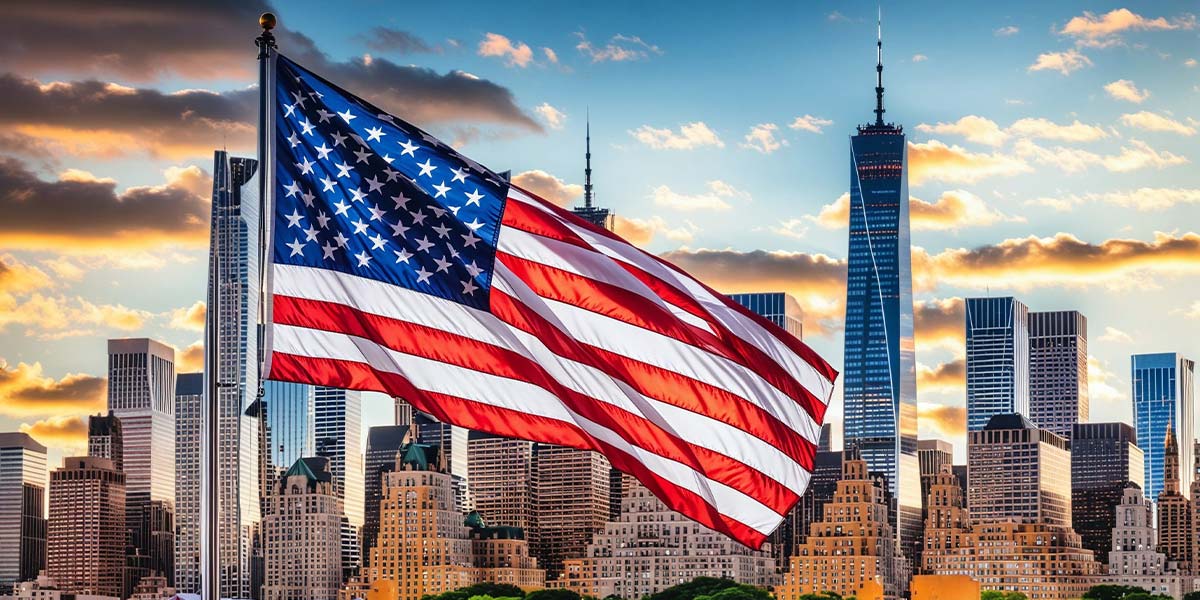With the August trade deadline rapidly approaching, U.S. trading partners are making concerted efforts to reach agreements with President Donald Trump’s administration. This week, both the Philippines and Japan managed to finalize deals, heightening pressure on others to follow suit before key tariff increases come into effect.
India has dispatched its negotiation team to Washington, aiming to finalize a limited trade agreement before the August 1 cutoff. Meanwhile, sources indicate that an American delegation is poised to visit India in the second half of August, regardless of ongoing discussions. India is set to be levied at 27% after the deadline.
Meanwhile in China, the U.S. Treasury Secretary, Scott Bessent, is also due to meet Chinese officials next week to negotiate an extension on the looming August 12 tariff hike deadline. President Trump, for his part, has hinted at the possibility of visiting Beijing soon for a direct exchange with President Xi Jinping. The U.S. currently imposes a 30% tariff on China.
Meanwhile, hopes for a breakthrough between the United States and the European Union appear to be diminishing. According to EU diplomats, Brussels is weighing an expanded range of retaliatory tools as the likelihood of an acceptable trade pact with Washington wanes. An increasing number of EU countries—including Germany—are pushing for broad “anti-coercion” measures, which could target American services or limit U.S. access to public tenders if no deal is struck.
The European Commission, which manages trade negotiations for the bloc, had been advancing toward an agreement that might have subjected most EU exports to a 10% U.S. tariff, with a few reciprocal concessions. However, optimism faded after President Trump threatened to raise tariffs to 30% by August 1. During a recent visit to Washington by EU Trade Commissioner Maros Sefcovic, discussions reportedly revealed major differences, with U.S. counterparts suggesting a baseline tariff rate potentially exceeding 10%.
The EU is set to be levied at 30% after the deadline.
Canada’s trade talks with the U.S. remain unresolved as well. Both sides are said to be preparing for escalation if negotiations break down ahead of the deadline. Prime Minister Mark Carney has emphasized that Canada will only endorse a new deal if the terms are favorable. Canada is set to be levied at 35% after the deadline.
Taiwan is also negotiating with Washington, yet remains off the U.S. tariff list set for August 1, 2025. National security sources report that current trade discussions are proceeding smoothly, though questions remain about tariffs on pork, beef, and automobiles. While Taiwan is not on the list of August 1 tariff, the nation will still be subject to the baseline tariff at 10%.
Switzerland, too, continues its negotiations with the United States. Swiss officials have approved a draft framework agreement, pending President Trump’s final approval, which includes measures aimed at preventing tariffs on pharmaceutical exports. Switzerland is set to be levied at 31% after the deadline.
South Korea is stepping up its engagement with Washington. Finance Minister Koo Yun-cheol announced that he and the country’s lead trade envoy will meet U.S. counterparts on Friday to discuss tariffs. Additional high-level South Korean officials are slated to visit the U.S. for trade talks in the near future, Koo said after a cabinet economic meeting. South Korea is set to be levied at 25% after the deadline.
Brazil’s finance minister signaled his nation’s commitment to ongoing negotiations, though he acknowledged a deal with Washington may not be possible before Trump’s planned 50% tariffs on Brazilian goods go live on August 1.
Meanwhile, Thailand is preparing to submit its final proposal on Wednesday, aiming to increase imports from the U.S. while effectively removing tariffs on most goods. Thailand is set to be levied at 36% after the deadline.
As the August deadline looms, capitals worldwide are in a last-minute rush to avert the impact of escalating U.S. tariffs and preserve their economic ties with Washington.





